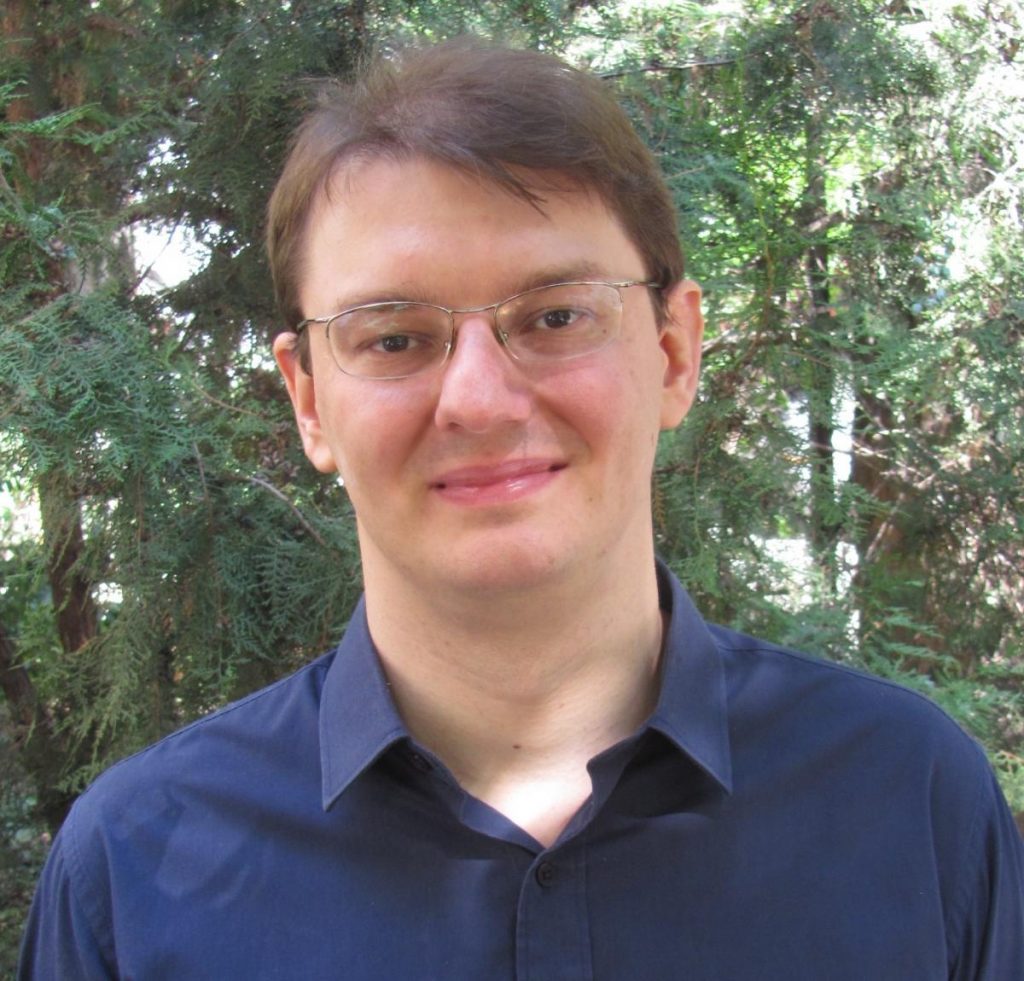Budapest University of Technology and Economics (Hungary) Bme Researcher Won an erc Starting Grant Award

The only Hungarian winner of this years’ European Union Excellence program is a researcher at BME.
Péter Nagy, research professor at BME won a 1,2 million Euro ERC Starting Grant aiming at the high-accuracy, quantum chemistry based modeling of molecular processes, which can also be utilized for the knowledge-based development of molecules, materials, and catalytic processes. The European Research Council – (ERC) Starting Grant funds the research projects of outstanding young researchers.
Tibor Czigány the rector of BME said: ”This unique achievement proves the competitiveness of BME researchers, as the proposal and achievements of Péter Nagy was found to be at the highest level among leading young researchers across Europe. The result also demonstrates that there are opportunities to build a cutting-edge scientific career and research group at BME.” He added: ”It is also an outstanding value this unique achievement utilized scientific excellence from the fields of chemistry, physics, mathematics and information technologies, all represented at BME.”
Péter Nagy, who has been working as a research assistant professor at the Faculty of Chemical Engineering and Bioengineering of BME since 2015, spoke about the objectives of the proposed research: ”The computer aided molecular modeling is based on the laws of physics and can be imagined as simulating the properties of molecules in a “virtual laboratory“, instead of or supporting potentially complicated and expensive experiments. A persistent challenge of this field is to make our models and thus these virtual experiments both realistic and computationally feasible. In the ERC project we will develop open-source, routinely applicable, and exceptionally predictive models and programs for the modeling purposes of a broad computational simulation community.” He added: ”This requires multidisciplinary efforts combining physics-based models, numerical mathematics, data science, high-performance computing, modern algorithm-design, and mostly extensive experience in computational investigation of chemical questions.” The project aims to further develop a program package created by researchers at the Department of Physical Chemistry and Materials Science of BME applied by hundreds of academic groups all over the world. The new computational models and programs will be utilized both in the ERC project as well as by the users of the programs to better understand experimental observations at an atomic scale, which also contributes to the improvement and design of molecules and materials with desired properties.
The European Research Council (ERC) operates the European Union’s largest exploratory research application system. ERC provides long-term funding for the implementation of research plans that are ground-breaking and ambitious, thereby opening radically new directions and perspectives in an important field and having the potential for outstanding scientific return. The only requirement of the award is scientific excellence.
The ERC provides the most prestigious, highly competitive individual excellence grant of Europe for researches at three carrier stages in Starting, Consolidator, and Advanced categories. The ERC Starting Grant provides generous funding and freedom to execute ambitious research goals by creating or expanding an independent research group in any chosen EU countries. Thus 4-5 talented new young scientist and graduate students are sought to join the five member research group of Péter Nagy.
The significance of the application’s success is illustrated by the fact that only 408 (or about 14%) of the 2,932 applications submitted from almost every field of science have received a grant. The successful projects, that are supported with a total of 636 million euros, are coming from 26 countries, but only 4% of the winners originate from EU13 countries. The last time a BME researcher won a Starting Grant was in 2010. In the past 5 years P
